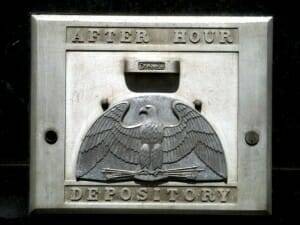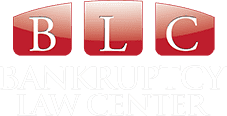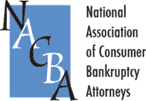
 The Consumer Financial Protection Bureau (CFPB) has recently come down hard on one of the nation’s largest banks for a practice that affects consumers nationwide. If you are in San Diego and considering Bankruptcy, this news should be important to you.
The Consumer Financial Protection Bureau (CFPB) has recently come down hard on one of the nation’s largest banks for a practice that affects consumers nationwide. If you are in San Diego and considering Bankruptcy, this news should be important to you.
CFPB Fines Chase Bank
The CFPB has taken action against Chase Bank for its involvement with junk debt buyers. Debt buyers are companies that purchase large portfolios of debt for pennies on the dollar from original creditors. Often, the debt buyers have no documentation of the loan, they do not have the original agreement, they may have no idea of what payments have been made, and in many cases, they may even try to collect on debts that have already been discharged in bankruptcy.
That is because creditors sell to debt buyers “as is.” That means the creditor is making no guarantees to the debt buyer that the debts being sold and purchased are actually collectable. The sale is literally a handoff to the debt buyer, allowing them to collect whatever they can at their own risk.
The CFPB is charging Chase with exactly that—selling debts to debt buyers that were not owed, that were discharged in bankruptcy, or that had been paid. The CFPB further charges that Chase actually assisted the debt buyers in collecting the uncollectable debt merely by selling the debt to them. The allegations also include that Chase filed affidavits on behalf of debt buyers in more than 528,000 suits, attesting under oath to the validity of the debts.
Chase now must stop collecting on those 528,000 accounts that were sent to litigation between 2009-2014. Chase also can not report the debts to consumer’s credit reports. Chase will also have to pay at least $50 million in the form of refunds to consumers who had lawsuits filed against them and dismiss any pending litigation. On top of that, Chase will have to pay $30 million as a civil penalty.
Debt Buyers and Bankruptcy
Debt buyer debts can be included in and discharged in consumer bankruptcy. In many cases, consumers opt for bankruptcy because of debts being collected by junk debt buyers. Many of these consumers aren’t even aware that they may not owe the money to the debt buyers or that the amounts the debt buyers claim is owed may be incorrect.
Some consumers may also be able to challenge the amounts these debt buyers claim they are owed through an adversary proceeding—litigation during the course of the bankruptcy itself. That can be particularly useful in a Chapter 13 bankruptcy, where the amount owed can affect the amount and length of payments made through the Chapter 13 plan.
Bankruptcy involves understanding the validity of creditor claims and understanding the validity of debts that they claim are owed. If you have questions, Contact us to discuss your unique situation. At we focus on all aspects of the bankruptcy process.









